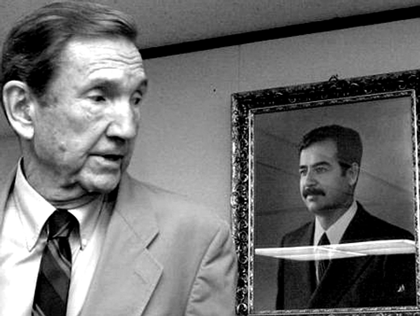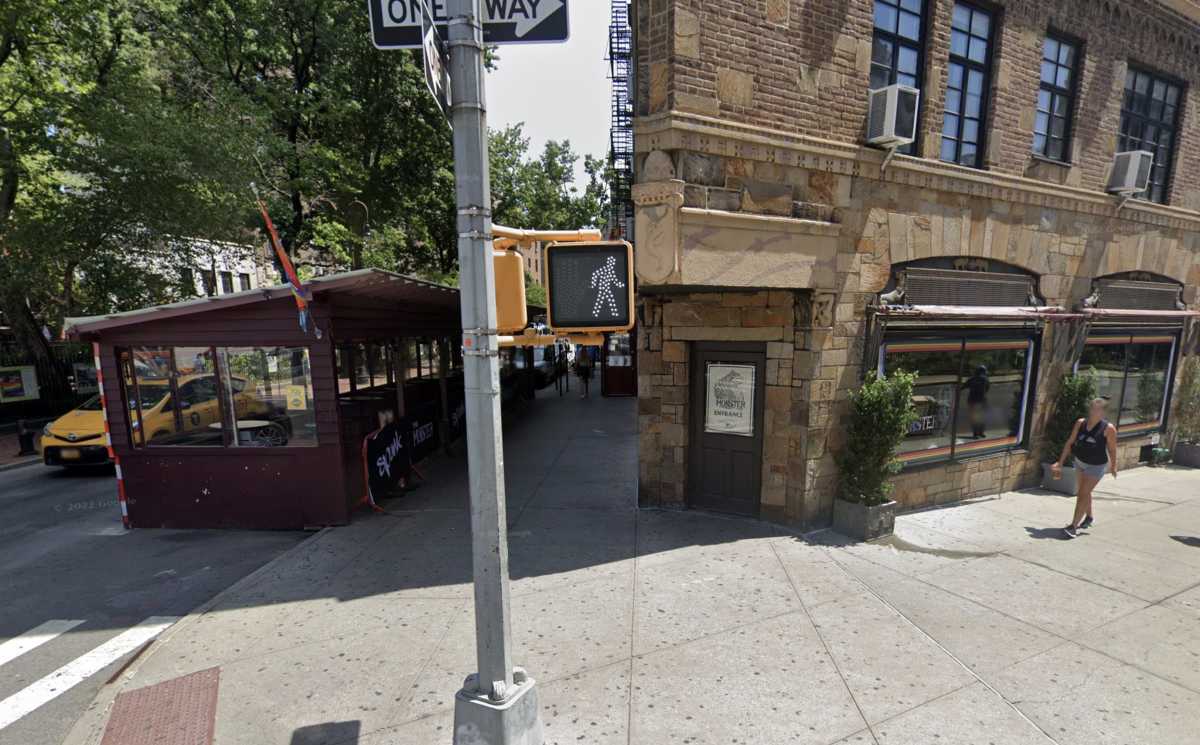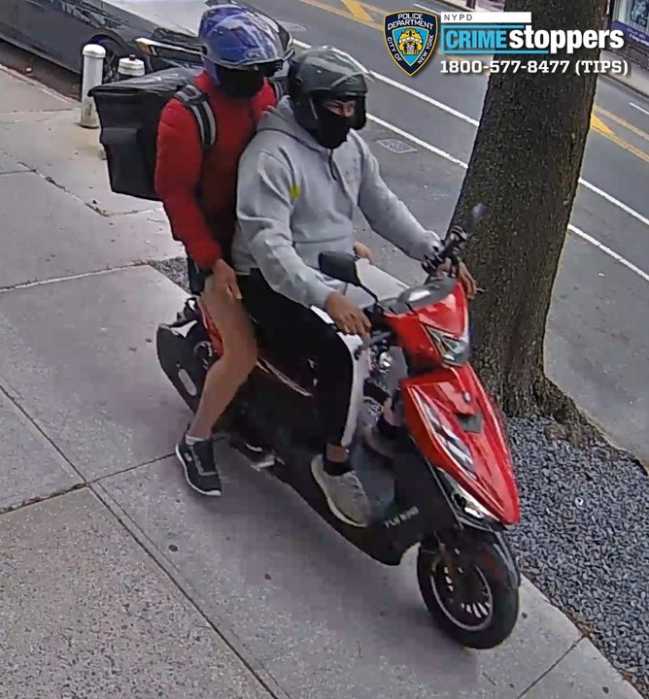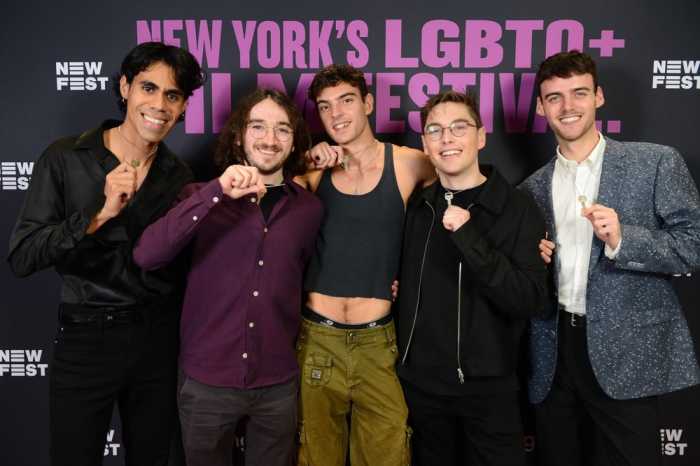By Ed Gold
Ramsey Clark, the neighbor, is soft-spoken, modest and polite, whether taking down the family wash to the laundry room, or trudging back and forth to his poorly lit, sprawling rather unkempt law office a few blocks away from his 12th St. co-op apartment. At home, he shares an elevator with only one other family in one of the Village’s famously designed notable residences.
His persona in much of the Western democratic world is one that inspires incredulity and horror. For the most part, since his days as U.S. attorney general in the Johnson administration, he has defended some of the very worst human beings imaginable. The list is painful.
Some of the lowlights:
Serbia’s Slobodan Milosevic; terrorists from the P.L.O. responsible for tossing the wheelchaired Leon Klinghoffer off a ship into the sea to his death; David Koresh, the Branch Davidian leader; Karl Linas, a concentration camp guard accused of 12,000 deaths; and Sheik Omar-Adbel Rahman, convicted in the first World Trade Center bombing in 1993. Now, of course, Clark has become advisor to the Saddam Hussein legal team appearing before a special Iraqi tribunal.
Apparently, some years after his stint as attorney general, Clark reached the conclusion that “U.S. foreign policy was the greatest crime since World War II” and that the U.S. sought world domination, and these conclusions have shaped his courtroom advocacy.
But in the early ’70s he was still active in the political arena, although his ineptitude was conspicuous to this observer.
There were antiwar people in particular who thought Clark could be an important figure in the national Democratic Party.
A transplanted Texan now living in Greenwich Village, Clark had failed to establish any political base here. A colleague of mine from the Roosevelt-Lehman Reform Democratic movement in the city, Eugene Lang, was interested in developing a political base for Clark. Lang was conspicuously philanthropic, and ran a successful program that helped minority students get into college. He also financed a college named after him for special-interest and unorthodox students at New School University.
Lang wanted to get Clark involved with Village Independent Democrats, then as now the official Democratic club in the Village area. For unexplained reasons, Clark hadn’t joined V.I.D., possibly because he didn’t approve of political clubs in general.
Lang sought a meeting between Clark and members of V.I.D.’s executive committee. Clark and V.I.D. of course agreed that the Vietnam War was an abomination. Lang felt this would be a good exposure for a person of Clark’s stature who might win the organizational support of a fairly strong political club.
Lang asked that I make my apartment, in the same building as Clark’s, available for such a meeting. He would deliver Clark if I would deliver members of the executive committee.
I agreed with some trepidation because Clark had appeared reluctant to get involved in any local political or community activities.
In fact, I had learned he had been asked to contribute items for a street fair, possibly a few autographed books, but had ignored the request.
Key members of V.I.D. were curious about Clark, but had been turned off by his general aloofness. But almost the entire V.I.D. leadership turned up for the meeting to check him out on national issues of concern to the membership.
He had recently written a book on prison reform and he limited his remarks to that subject when he addressed the group. When he finished, hands went up as members were anxious to question him on broader national issues. He refused to talk on any subject but prison reform.
The meeting was a downer. Lang was disappointed and never raised the issue of a Clark candidacy again. And Clark never established any rapport with the club.
But he clearly had political ambitions. Depending heavily on his antiwar position and his contributions to civil rights during the Johnson days, he ran on the Democratic ticket for the Senate in 1974, losing to Senator Jacob Javits, who had Republican and Liberal Party support and who was liked by many moderate and liberal Democrats.
Two years later, Clark, with virtually no organization, tried once more, in a meaningless effort, to win a Democratic primary fight for the Senate against Daniel Patrick Moynihan and Congressmember Bella Abzug, whose politics paralleled Clark’s. Moynihan won by 1 percent over Abzug and Clark took about 2 percent of the vote and was dubbed spoiler by the Abzug supporters. It was the end of his try for elective office.
Clark has represented a few radicals on the left who have earned sympathy, including Father Daniel Berrigan, the antiwar priest, and Lori Berenson, who comes from Chelsea, got involved in radical politics in Peru, was accused of leading a terrorist organization there and was sentenced in the late ’90s to life in prison.
Clark’s efforts, along with others, won Berenson a civilian trial in 2001, the charge was reduced to “terrorist collaboration,” and she was sentenced to 20 years — a very stiff penalty — which will probably stand, barring U.S. pressure — unlikely under the Bush regime.
Last year he was temporarily on the sidelines after a car accident resulted in a broken leg. He went religiously to rehab sessions at Equinox gym on Greenwich Ave., first in a wheelchair with help from his wife of more than 50 years, Georgia — they were both 20 when they married. He progressed to crutches. His spirits were good as he worked his way back to health and he remained both affable and reserved in dealing with neighbors.
But politically, his isolation on the far left seems more pronounced than ever. This son of a well-to-do Texas family has recently been quoted as saying: “We” — meaning the United States — “glory in violence. We admire people who have accumulated the most wealth,” which reminded me of a comment Ed Koch, then a congressman, once made as we walked through Washington Square Park.
We spotted Clark with his family, and he and I exchanged hellos. Koch grimaced, intimating I should have some influence over my neighbor:
“Do you think it looks nice for a former attorney general of the United States to walk around the Village in sneakers?”
I really don’t mind the sneakers. And he seems like a decent neighbor. But it’s his world view, so bitter and rigid and destructive, that makes one ask: “What went wrong?”







































